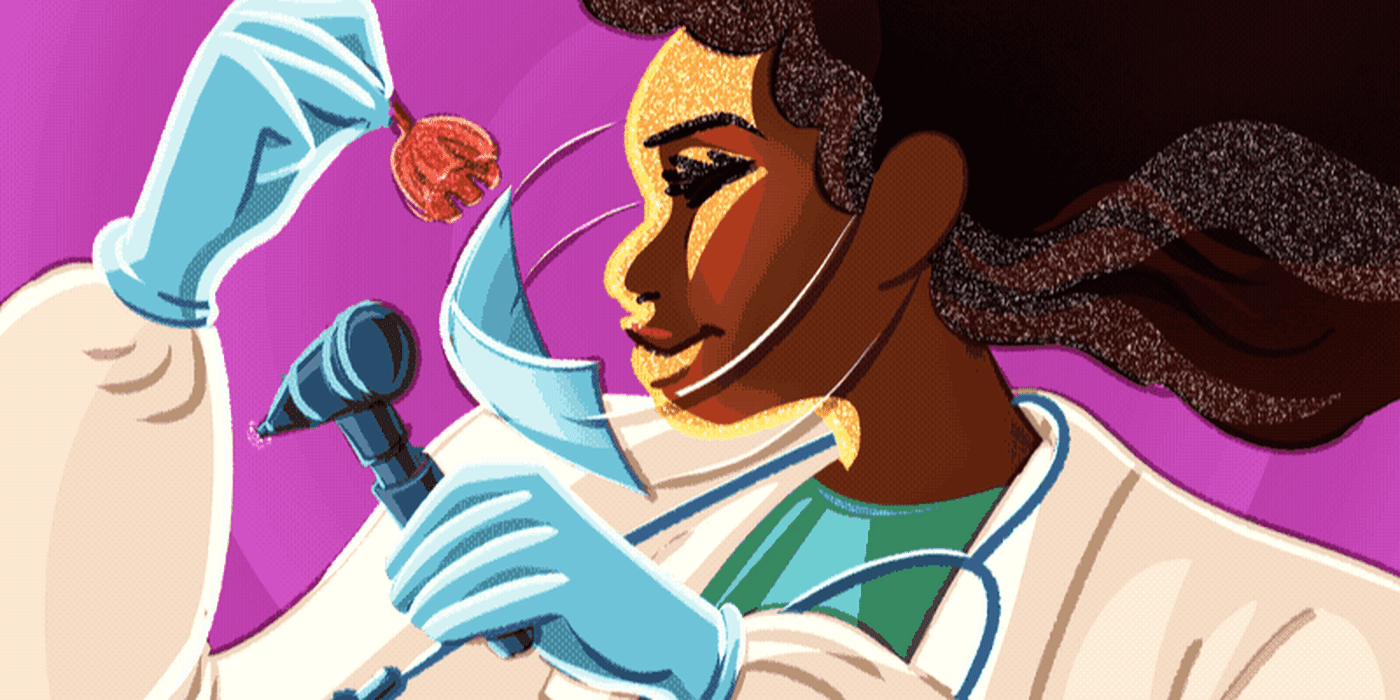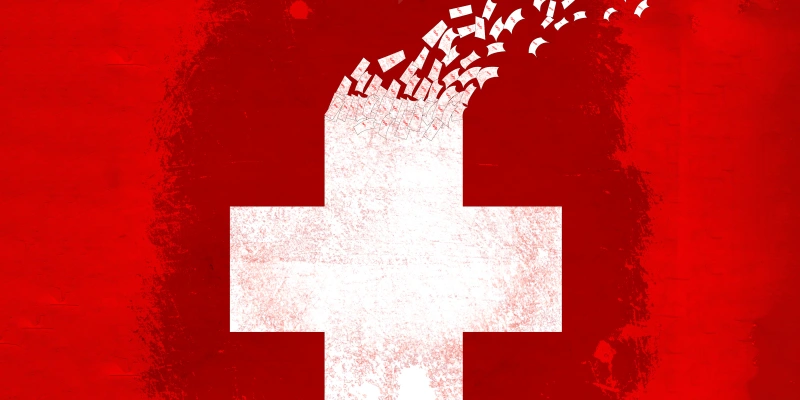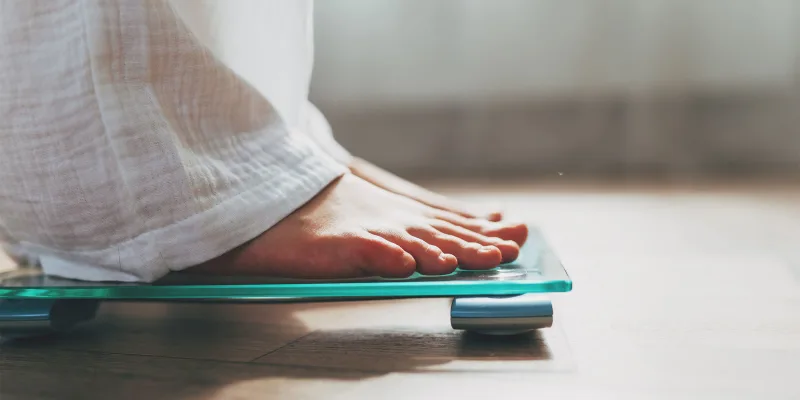My weave was tangled and matted and I hadn’t washed my hair in months. My scalp burned and itched beneath the net on top of my natural hair which had last been braided many months prior. My edges were exposed and overgrown. Bags lay under my eyes and I wasn’t wearing my normal garb of makeup and glittery earrings. I was consuming no more than 600 calories daily and had lost 10 pounds in a matter of weeks. I wasn’t sleeping and my chest hurt all the time. Needless to say, I was truly struggling. However, being a fourth-year medical student, all of my friends complained about how they were exhausted and barely had time to do their regular activities of daily living. I thought my state was normal.
When I showed up to get my hair done that afternoon, my hairdresser looked at me like I had three heads. She blatantly asked me if I had brushed my hair at all since I had last seen her. I sighed and said no: “Life has been a lot lately.”
Growing up as a Black woman, my hair was an entire ordeal. Given how socially unacceptable Black hair tends to be regardless of what we do to it, I was constantly fussing with my hair. Would it be straight or curly? Would I wear braids, locs, or twists? Did I want added color? Would that color be seen as unprofessional? Would the scent of my styling gels — which never came unscented — make someone angry? And yet, though I saw family, colleagues, and multiple mental health professionals on a regular basis, no one had yet commented on how I looked. It was only my hairdresser who noticed that I was practically wasting away.
“Self-care is important,” she said to me in her warm, honey-coated voice. Intuitively, I knew she was right; it was something I told patients I helped care for all the time. I’d spend hours thinking about how they could care for themselves, even in the confines of low income and limited time. But this emphasis on self-care never hit home for me, personally. After all, I was able to march through my clinical tasks despite a poor diet, terrible sleep habits, and crippling anxiety and mood symptoms. Algorithms of treatment were etched into my skull and had become automatic, so I never missed a beat when it came to taking care of other people. That meant that when I showed up at my hairdresser’s that day, I was just well enough that no one seemed to notice what was going wrong with me.
At the appointment, my hairdresser began by explaining how to care for my hair. After a while, though, she asked me what had been going on and what the trouble had been. Having been working with me for over a decade, she had never seen me neglect myself in this way. Throughout our conversation, my hairdresser quickly became my “essential” worker. In a sea of all of the people who would have noticed everything that was going wrong — people who are trained to recognize, diagnose, and treat disease — I had been missed. But as my hairdresser scrubbed away months worth of dead skin from my scalp and resewed in my weave, seeing the wear and tear the sleepless nights had had on me, she was able to diagnose and treat me with a bottle of clarifying shampoo.
My story felt unsurprising after I thought about it. My scalp and my face had told on me, akin to new moles being found by a dermatologist. In fact, hairdressers themselves are good at noticing many medical things we can’t always see ourselves: signs of alopecia, for example, or skin lesions.
In addition, hairdressers are good at seeing non-physical symptoms. How many times have people wandered into a hairdresser’s beauty shop with matted hair and an unwashed, inflamed scalp, only to reveal something beneath the surface that’s causing them to look so disheveled? How many physicians have missed an opportunity to talk to their patients about how much pain they’re going through because they didn’t heed the state of their hair?
Moving forward, I want to see a world where medical professionals partner with people who help us take care of our appearances, like hairdressers, to share knowledge and look for signs of who might be silently struggling. It’s telling that despite having a team of multiple trusted and trained clinicians available to me, it was ultimately my hairdresser who I opened up to.
Who do you turn to when you're struggling? Share your self-care strategies in the comments.
Micaela Stevenson is a fourth year medical student at the University of Michigan. She plans to go into obstetrics and gynecology.
Animation by April Brust







